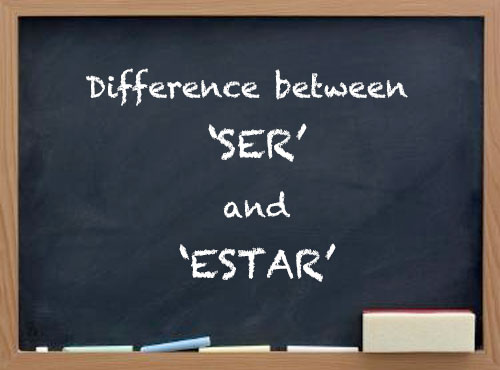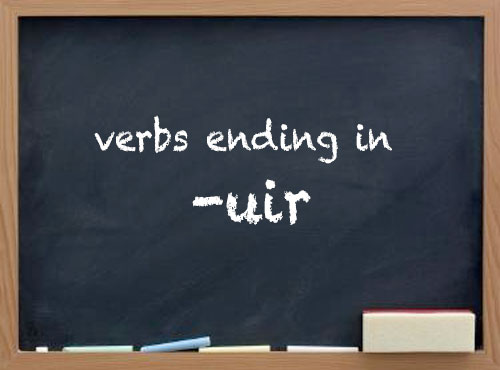
Adjectives That Change Their Meaning When Used with Either SER or
ESTAR
Ser or estar determine the meaning of some adjectives. The ideas they convey are different, as you can see in the following examples. Keep in mind that your choice of ser or estar will strongly affect your message.
| ser aburrido(a) | to be boring | estar aburrido(a) | o be bored |
| ser bueno(a) | to be good | estar bueno(a) | to be attentive (in class ) |
| ser listo(a) | to be clever | estar listo(a) | to be ready |
| ser malo(a) | to be bad | estar malo(a) | to be ill |
| ser orgulloso(a) | to be conceited, vain | estar orgulloso(a) | to be proud |
| ser pálido(a) | to be pale complexioned | estar pálido(a) | to be pale |
| ser rico(a) | to be rich | estar rico(a) | to be tasty |
| ser seguro(a) | to be safe | estar seguro(a) | to be sure, certain |
| ser viejo(a) | to be old | estar viejo(a) | to look old |
| ser vivo(a) | to be sharp | estar vivo(a) | to be alive |
ESTAR


